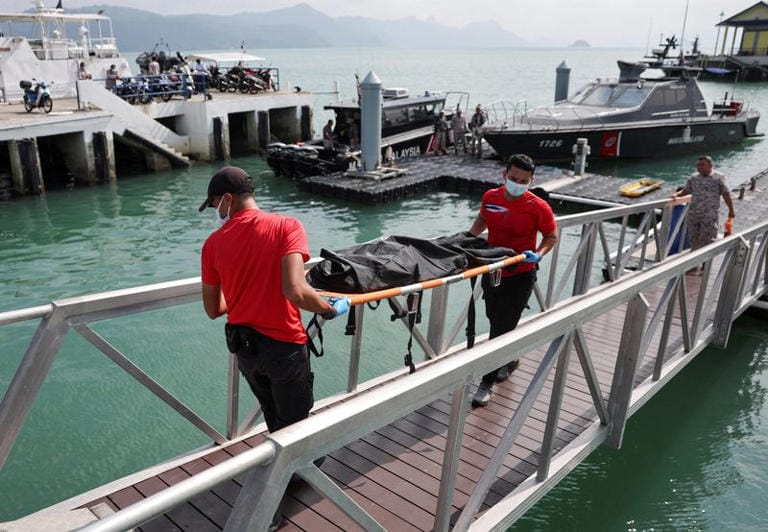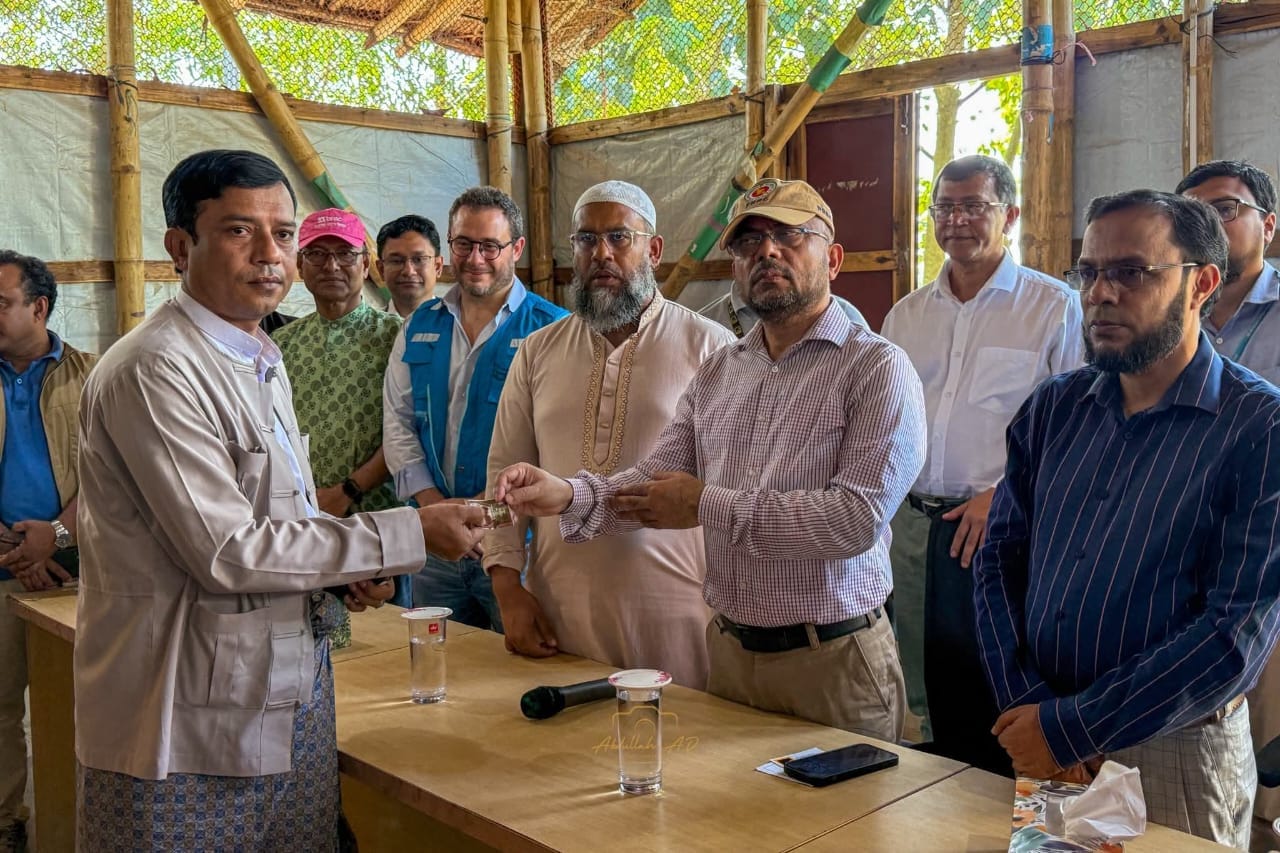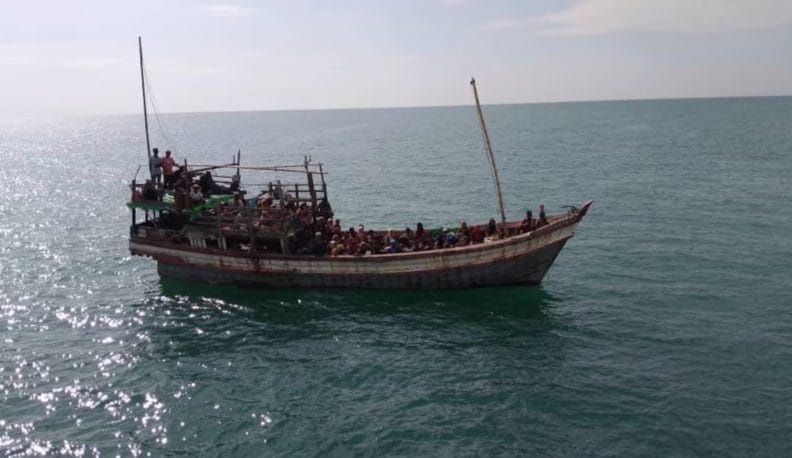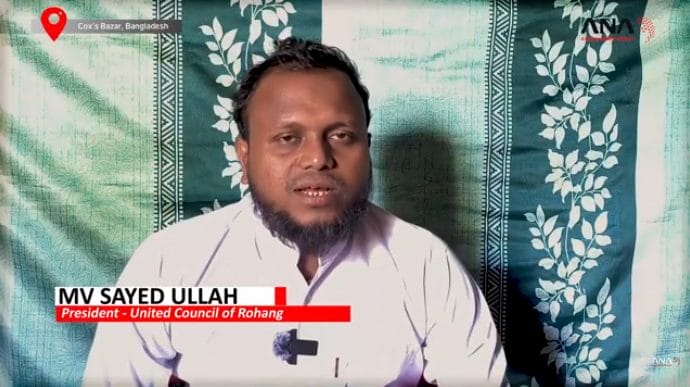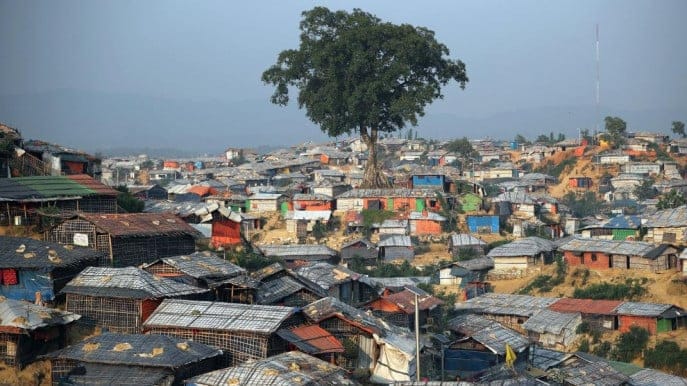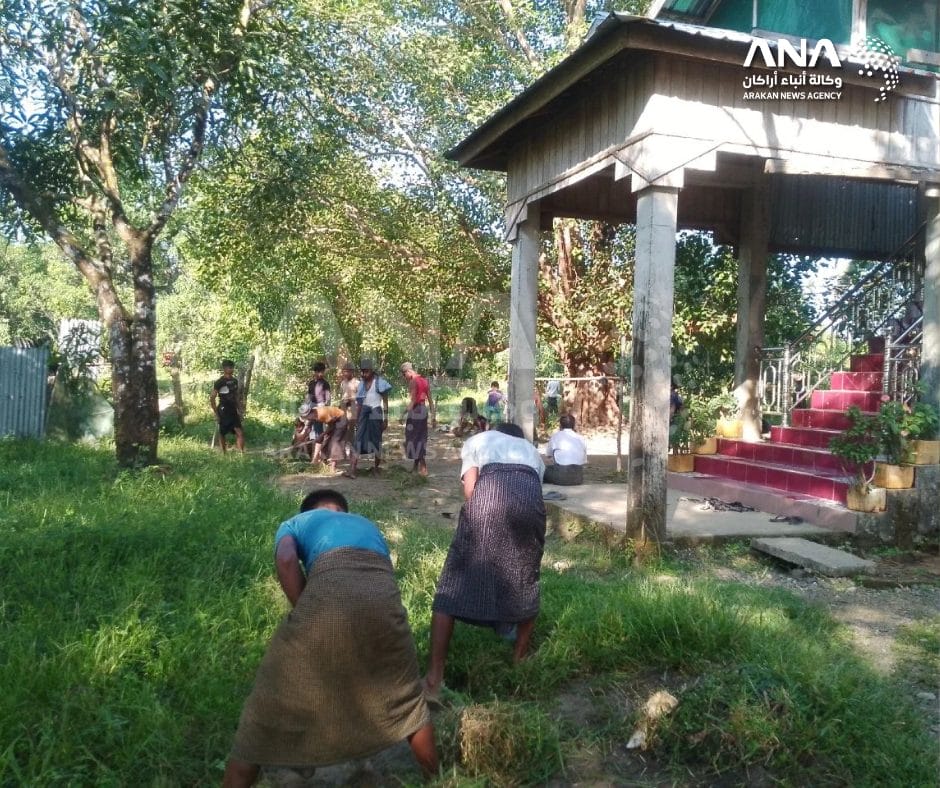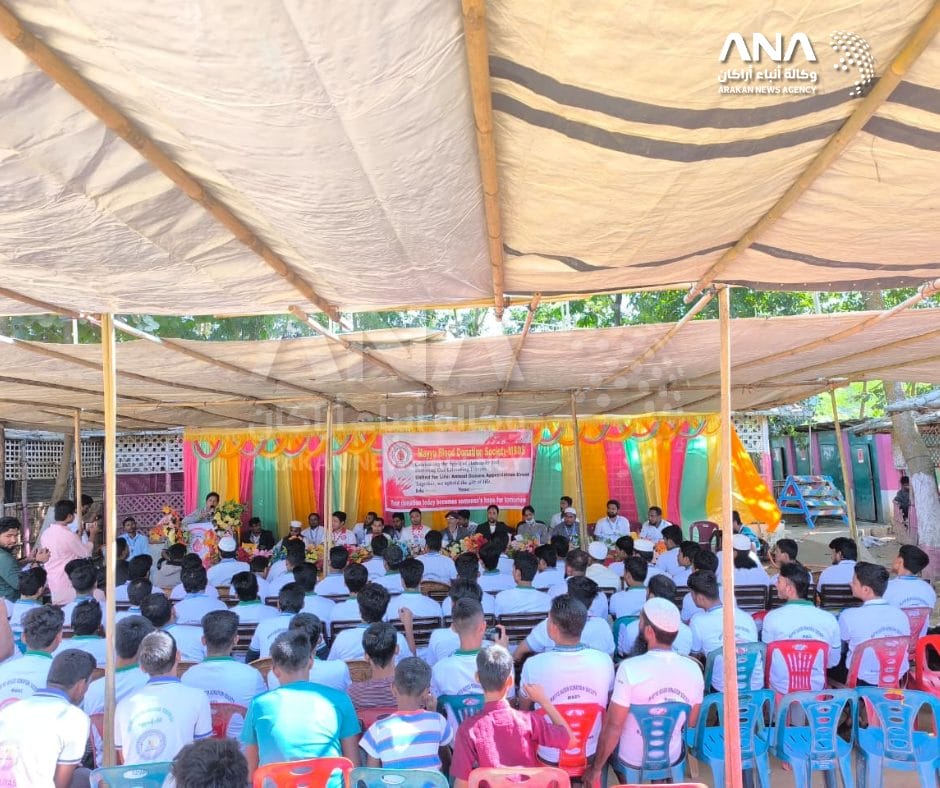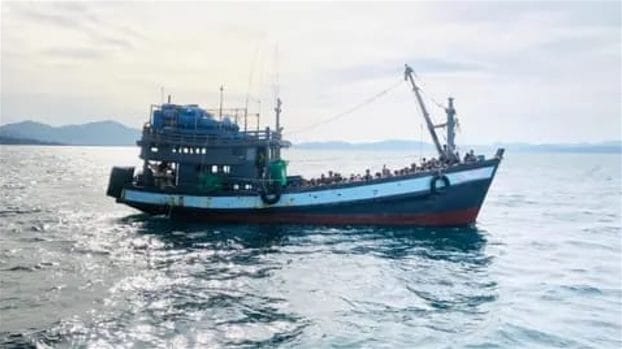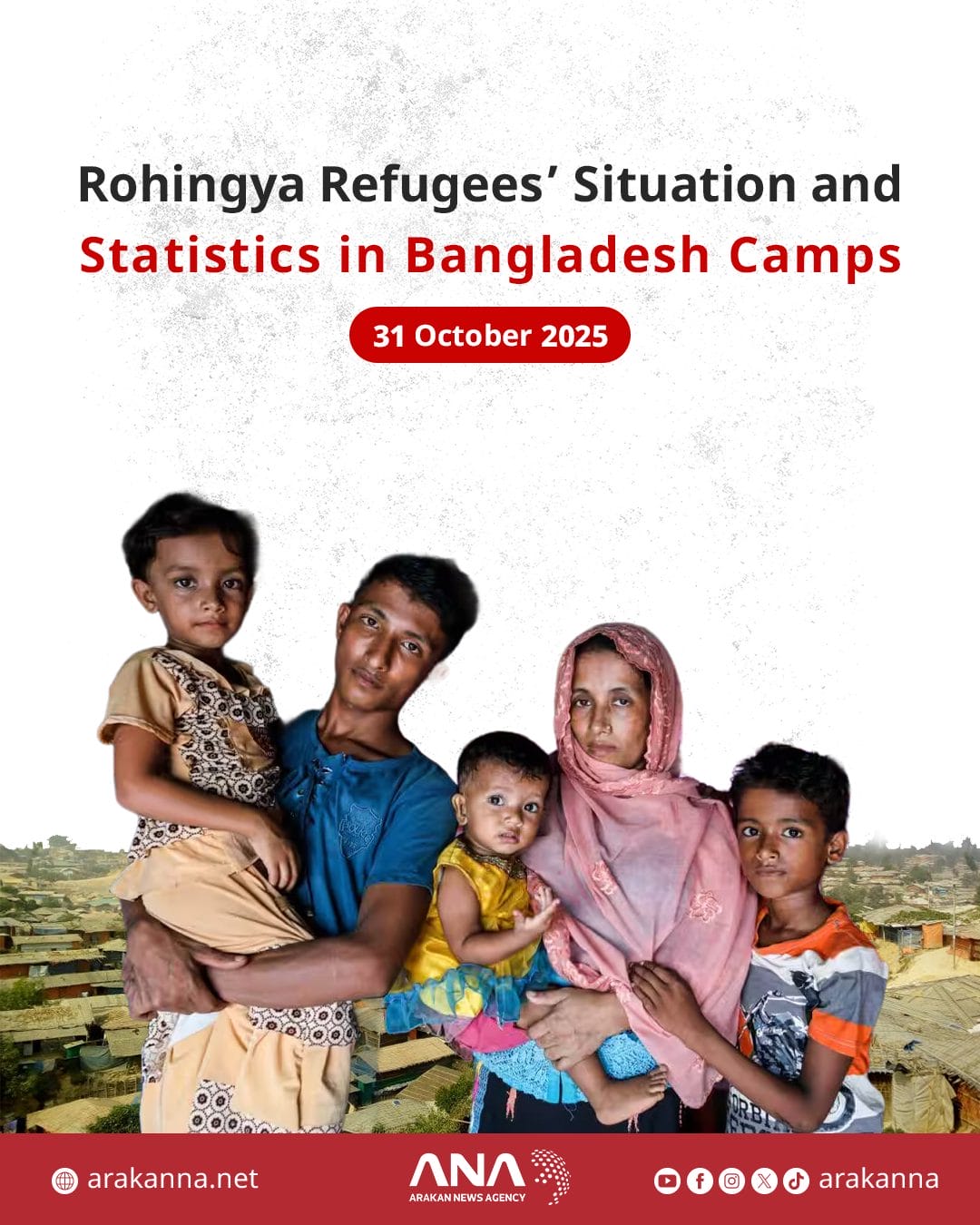Arakan News Agency | Exclusive
Rohingya residents in various villages of Buthidaung city in Arakan state, western Myanmar, suffer from a severe health crisis due to the acute shortage of medical care and supplies, as a result of the restrictions imposed by the Buddhist Arakan militias (Arakan Army) that control the state.
Residents in the villages of “Kin Taung,” “Thin Taung,” “Hpon Nyo Leik” and other nearby villages are suffering from a lack of medical tools and treatments in local clinics. This forces patients with critical conditions to undertake arduous journeys to the cities of Rathidaung and Maungdaw.
Locals stated that their villages have only small clinics unable to provide treatments for simple diseases like fever, diarrhea, minor injuries, or respiratory infections. Chronically ill patients, such as those with diabetes and heart conditions, are deprived of regular care, and vaccination campaigns for children are rare or completely absent.
“We rely on old medicines available at home, and if someone gets a serious fever or infection, we have no choice but to travel far”, a resident of Hpon Nyo Leik told the Arakan News Agency, another from Kin Taung added that the Arakan militias control movement, food, and healthcare, saying, “We cannot farm or fish, nor travel to receive treatment, every day feels like a battle for survival.”
Traveling to Rathidaung or Maungdaw is challenging as the distance ranges from 25 to 35 kilometers and takes between two to three hours by motorcycle, possibly extending to more than four hours on foot or using primitive means due to Arakan militia checkpoints and curfews. Villagers also reported being forced to pay fees or bribes at checkpoints, ranging from 3,000 to 10,000 kyats (1 to 4 US$), a sum many families cannot afford.
Women, children, and the elderly are among the groups most affected by the lack of healthcare. Women have reported home births without professional assistance, the elderly have not received treatment for chronic diseases, and malnutrition among children has worsened due to rising food prices and restrictions on agriculture and fishing, further endangering their health.
Families are forced to rely on home remedies, borrow medicines from neighbors, or undertake dangerous journeys to distant towns. Some villagers carry sick individuals on stretchers for hours across rugged terrain, a dangerous practice that often worsens patients’ health.
Humanitarian organizations have previously warned of the worsening health crisis in northern Arakan, pointing out limited access to clinics, medicines, and vaccination campaigns as factors pushing communities to the brink of disaster.
The Arakan militias took control of the state after launching a military campaign in November 2023 against the Myanmar Army, during which they managed to seize control of 14 out of 17 cities. This conflict has impacted the Rohingya who have faced violence, forced displacement, and persecution from both sides, following a “genocide” campaign by the Myanmar Army in 2017 that forced nearly a million of them to flee to Bangladesh.


